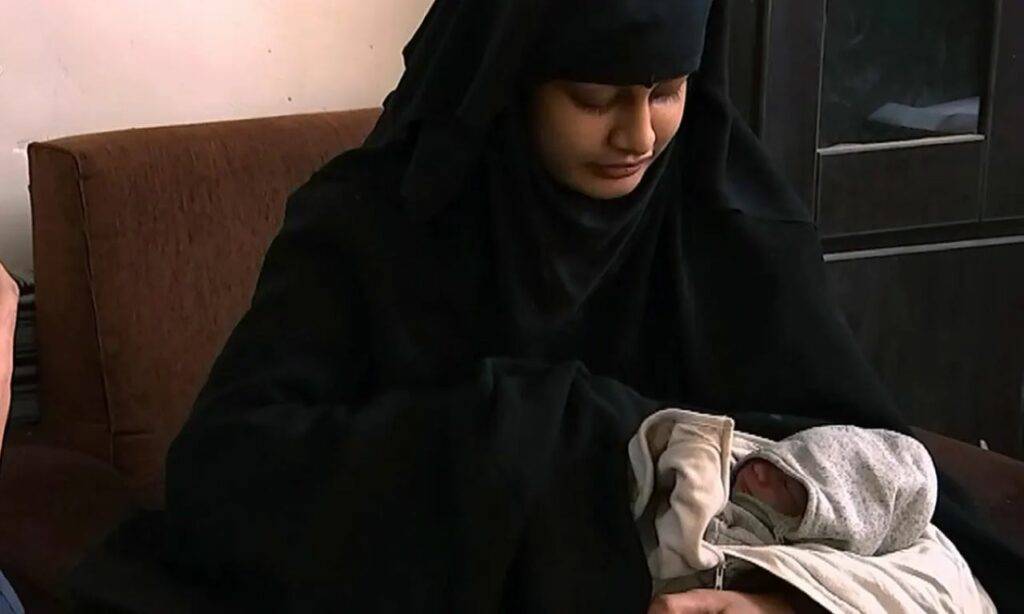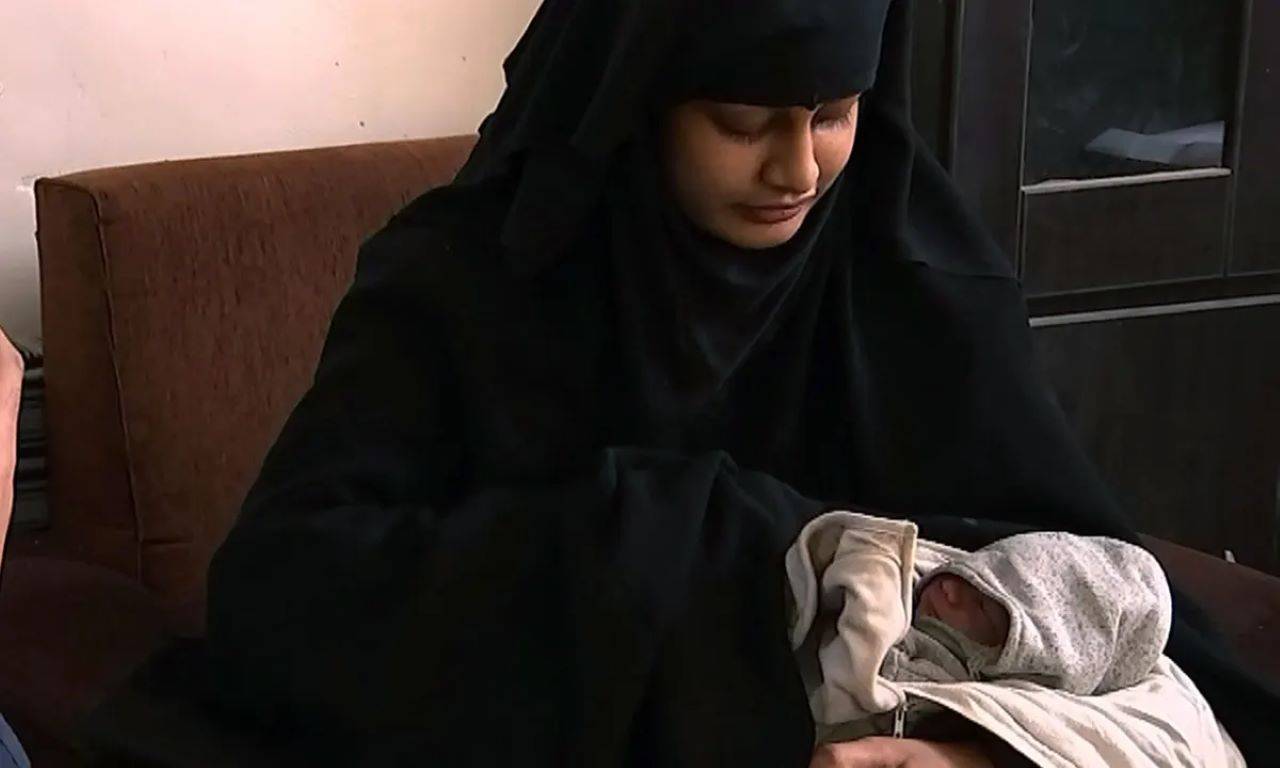Shamima Begum, a name that has sparked controversy and debate globally, especially regarding her association with the Islamic State (IS) terrorist group. Among the many aspects of her story, one tragic element stands out – the loss of her children.

In this article, we delve into the heartbreaking tale of Shamima Begum’s children and the circumstances surrounding their untimely deaths.
Shamima Begum Children
Before delving into the specifics of her children, it’s crucial to understand Shamima Begum’s journey. Described as a straight-A student, Begum made headlines when she left her home in the UK at the age of 15 to join the Islamic State in Syria. There, she married a Dutchman and IS fighter named Yago Riedijk.
How Many Kids Does Shamima Begum Have?
Shamima Begum experienced the joys of motherhood in the most unlikely of circumstances. She gave birth to three children during her time in Syria, all of whom met tragic fates.
According to reports, her children included a one-year-old girl, a three-month-old boy, and a newborn son. Regrettably, all three children died due to malnourishment or disease while living in the war-torn region.
The loss of a child is perhaps one of the most devastating experiences any parent can endure. For Shamima Begum, this sorrow was multiplied threefold. Her youngest child, born in a refugee camp in February 2019, succumbed to a lung infection just a month later. The circumstances surrounding their deaths shed light on the dire conditions faced by families trapped in conflict zones.
The plight of Shamima Begum and her children has garnered significant media attention worldwide.
While some sympathize with her, others condemn her actions and choices. Save the Children, an organization dedicated to children’s rights issued a statement expressing concern for the welfare of children affected by conflict, including those born to foreign fighters like Begum.
Legal Battles and Citizenship Revocation
Shamima Begum’s story took a legal turn when the UK government revoked her citizenship, citing her allegiance to a terrorist organization. Despite her appeals, courts upheld the decision, leaving her stateless and unable to return to her home country.
The legal proceedings surrounding her case have raised complex questions about citizenship, national security, and the rights of individuals involved in terrorist activities.
The tragedy of Shamima Begum’s children serves as a stark reminder of the human cost of conflict and extremism.
Their short lives, marred by suffering and deprivation, highlight the urgent need for humanitarian assistance and international cooperation to protect innocent civilians caught in the crossfire of war. As debates continue over Begum’s fate, let us not forget the innocent lives lost and the countless others still in need of assistance and support.





